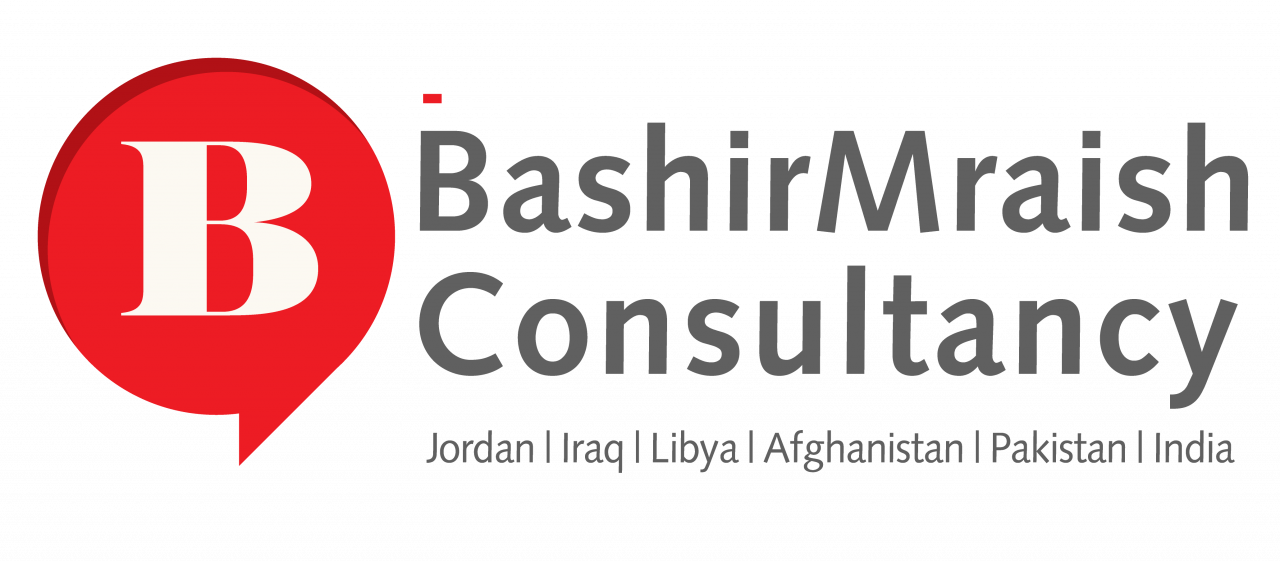Employee training has become vital to ensure the success of companies and organizations. Employees are the most important assets of the company; therefore, they must be provided with the knowledge and skills necessary to perform their work efficiently. For this purpose, many types of employee training programs have been developed that meet the needs of various companies and organizations. In this article taken from the website of Bashir Mraish Consultancy and PR, we will review the most important types of employee training programs and their importance.
- Onboarding and Orientation Training Programs:
Onboarding and orientation training programs are one of the basic training programs in the welcoming and orientation process. This type of training is provided to new employees when they join the organization. It aims at introducing them to the company’s culture, policies, procedures and functional roles. Onboarding and orientation programs help the organization integrate new employees into the company smoothly, resulting in increased job satisfaction and reduced transition rates.
- Skills Development Programs:
Skills development programs are designed to enhance the competencies required in an employee’s work. These programs focus on improving technical skills, soft skills and job-related knowledge. Whether it is to improve effective communication, develop leadership skills, or develop problem-solving. Skills development programs help employees become more efficient and effective in their roles.
- Compliance Programs and Organizational Training:
In some industries, compliance and regulatory training is necessary to ensure that employees comply with legal requirements and industry standards. These programs aim at sensitizing employees to the laws, regulations and policies that govern their work. Compliance training helps the organization mitigate risk, maintain ethical standards, and avoid potential legal problems.
- Diversity and Integration Programs:
With an increasing emphasis on diversity and inclusion in the workplace, many companies offer diversity training programs to foster a more inclusive and acceptable work environment. These programs address issues related to prejudice, discrimination, and harassment, and help employees develop cultural sensitivity and awareness.
- Leadership Development Programs:
Leadership development programs are designed to train potential leaders within an organization. These programs help identify employees who have the ability to lead and equip them with the skills to take on managerial and leadership roles. Investing in leadership development contributes to more effective and confident teams.
- Customer Service Training Programs:
For companies that rely heavily on customer interactions, customer service training is vital. This program focuses on teaching employees how to deliver exceptional customer experiences, deal with challenging situations, and build strong customer relationships. Exceptional customer service leads to the adherence of customers and spread the positive reputation of the company.
- Sales Training Programs:
Sales training programs are crucial for organizations with a sales force. These programs equip sales professionals with the skills and techniques to effectively sell products or services, handle objections, and complete deals. Improved sales skills can significantly affect a company’s profits.
- Technical Training Programs:
In rapidly evolving technology industries, technical training is essential to keep employees up to date with the latest developments. This type of training covers topics such as new software and new equipment or machinery, which ensures that employees are able to use technology effectively in their roles.
Employee training programs play a vital role in developing a skilled and motivated workforce. From orientation and onboarding training programs to technical training and leadership development, these programs meet different needs within the organization. An integrated training strategy can improve employee performance and foster a culture of continuous learning and growth. By investing in employee training programs, companies can gain a competitive advantage, as well as adapt to the changing business landscape with confidence.


